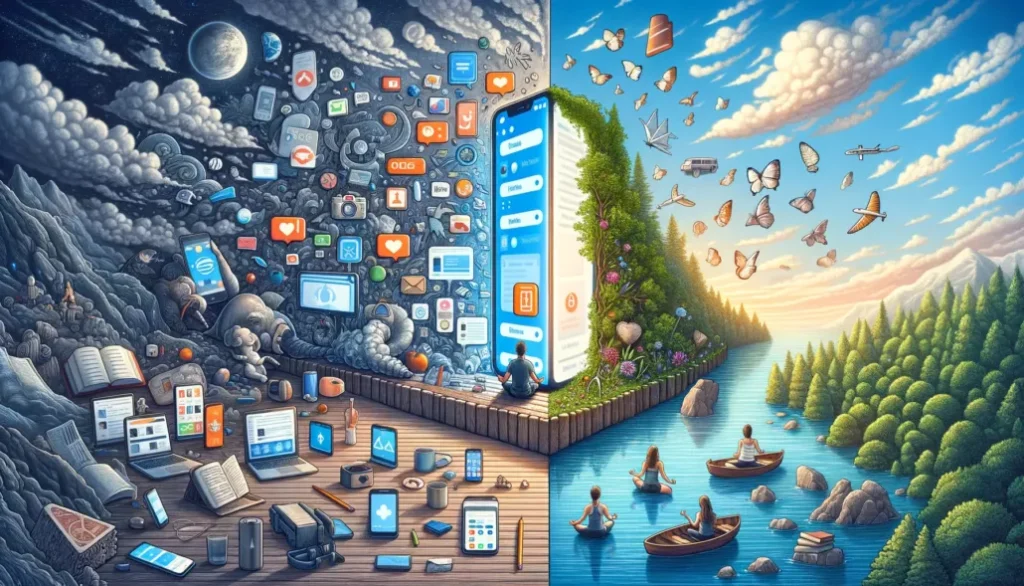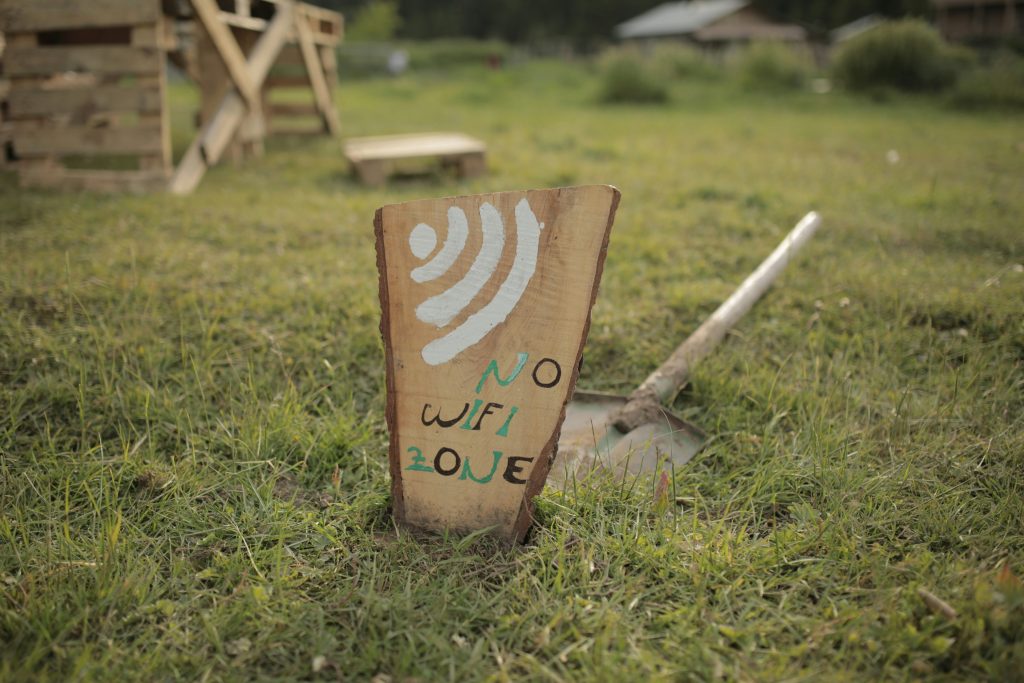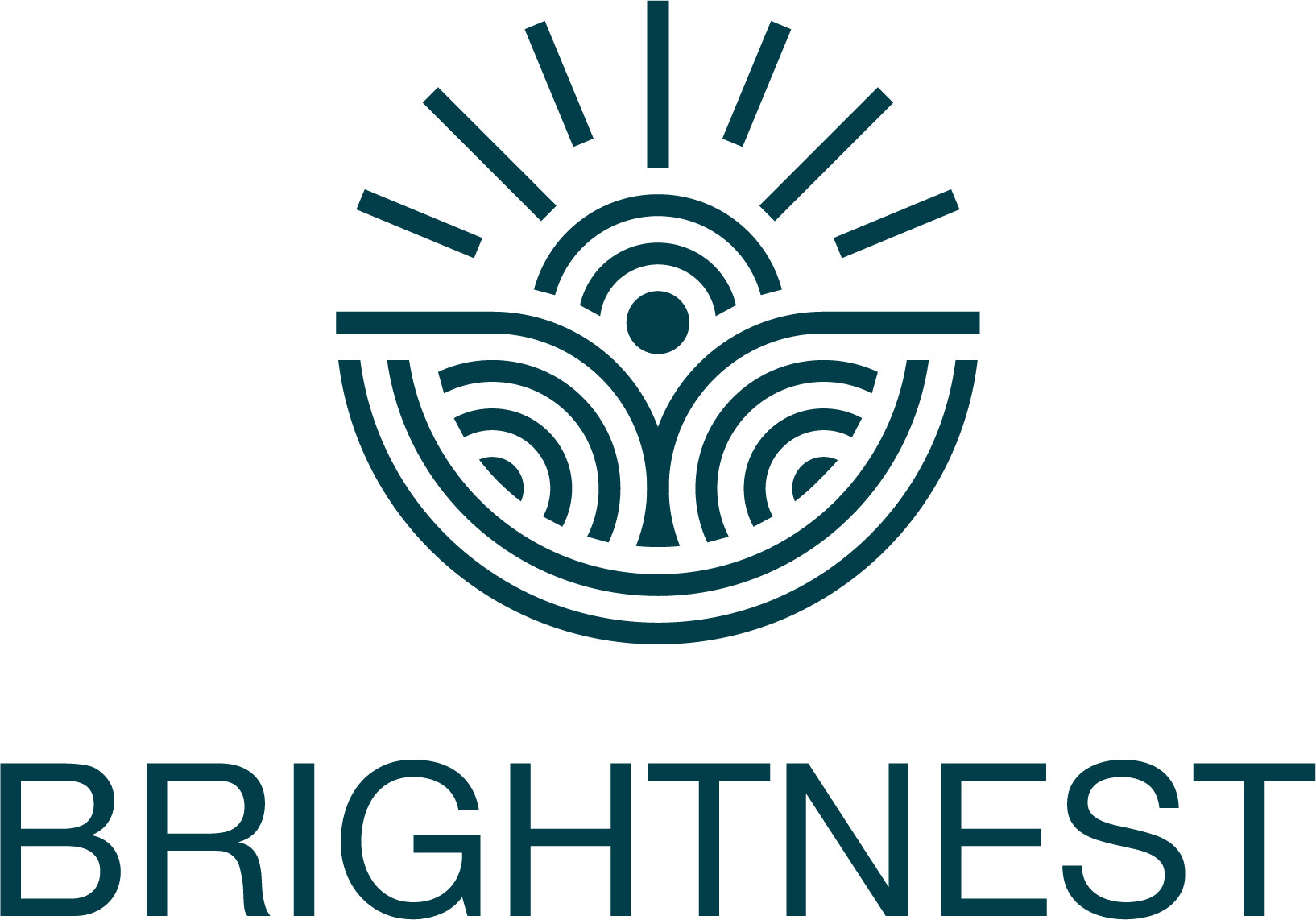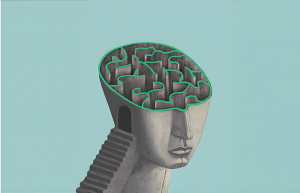In our digitally saturated world, the constant barrage of notifications, emails, and social media updates can leave us feeling drained, distracted, and disconnected from the physical world. The concept of a digital detox—taking intentional breaks from electronic devices—has emerged as a vital strategy for reclaiming our attention, improving our well-being, and deepening our connections with others and ourselves. This blog post delves into why digital detoxes are essential and how you can successfully unplug to reconnect with the world around you.
The Impact of Digital Overload on Our Lives

Recognizing the Signs of Digital Overload
Digital overload manifests in various ways, including increased stress, difficulty concentrating, poor sleep quality, and a pervasive sense of being overwhelmed. It’s the feeling you get when your mind can’t rest because there’s always another email to read, another post to scroll through, or another video to watch. As Sherry Turkle, a professor at MIT and author on the subject of technology and psychology, notes,
“Technology demands us to be everywhere at once—present but also available online.”
This constant demand for our attention fragments our focus and diminishes our ability to engage deeply with tasks or people.
The Science Behind the Need to Disconnect
Research in psychology and neuroscience underscores the need for regular breaks from digital stimuli. Studies have shown that excessive screen time can lead to changes in the brain associated with attentional challenges, emotional regulation difficulties, and reduced capacity for empathy and deep thinking. Moreover, the blue light emitted by screens can disrupt our natural sleep patterns, further exacerbating the feeling of fatigue and disconnection.
Embracing the Digital Detox
What is a Digital Detox?
A digital detox involves setting aside periods where you intentionally avoid or limit your use of electronic devices such as smartphones, computers, tablets, and even television. The aim is to reduce digital distractions, allowing you to reconnect with yourself, others, and the natural world in a more meaningful way.
The Benefits of Unplugging
The benefits of a digital detox are manifold. They include improved mental health, enhanced concentration, better sleep, and more meaningful interactions with those around us. By disconnecting from the digital world, we give our brains the chance to rest and reset, making room for creativity, reflection, and relaxation.
How to Successfully Unplug
Setting Realistic Goals
Start small. If the idea of going without your phone or laptop for a day seems daunting, begin with short, manageable periods. This could be as simple as committing to no screens during meals, one hour before bed, or for the first hour after waking up.
Finding Alternative Activities
Replace screen time with activities that enrich your life and well-being. Engage in hobbies that you love or have always wanted to try, spend time outdoors, read, meditate, or simply enjoy the company of loved ones. These activities offer fulfillment that screen time seldom can.
Creating Tech-Free Zones

Establish areas in your home where electronic devices are not allowed, such as the bedroom or dining room. These spaces can become sanctuaries for rest, conversation, and connection, free from the pull of digital notifications.
Navigating the Challenges of a Digital Detox
Dealing with Withdrawal
It’s normal to feel anxious or restless when you first start detoxing from digital devices. These feelings typically subside as you discover the joys and benefits of being present in the non-digital world. Remember, the discomfort is temporary and part of the process of recalibrating your relationship with technology.
Maintaining Balance
The goal of a digital detox is not to eliminate technology from your life but to find a healthier, more balanced relationship with it. Technology, when used mindfully, has the potential to enrich our lives significantly. The key is to use it in a way that serves us without becoming a source of stress or distraction.
Conclusion
In an era defined by digital connection, finding ways to unplug and reconnect with the world around us is more important than ever. A digital detox offers a pathway to more mindful living, allowing us to experience life more fully, foster deeper relationships, and nurture our mental and physical health. As we learn to balance our digital lives with our need for genuine connection and presence, we can rediscover the beauty of the world beyond our screens.
To support your journey toward a more balanced digital life, consider integrating mindfulness practices that help cultivate presence and awareness. By doing so, you can enhance your ability to connect deeply with yourself and the world around you, creating a life filled with richer, more meaningful experiences.



